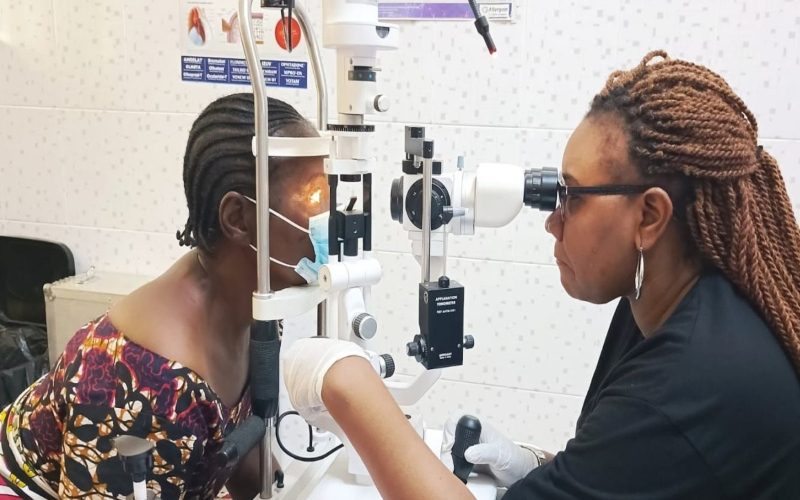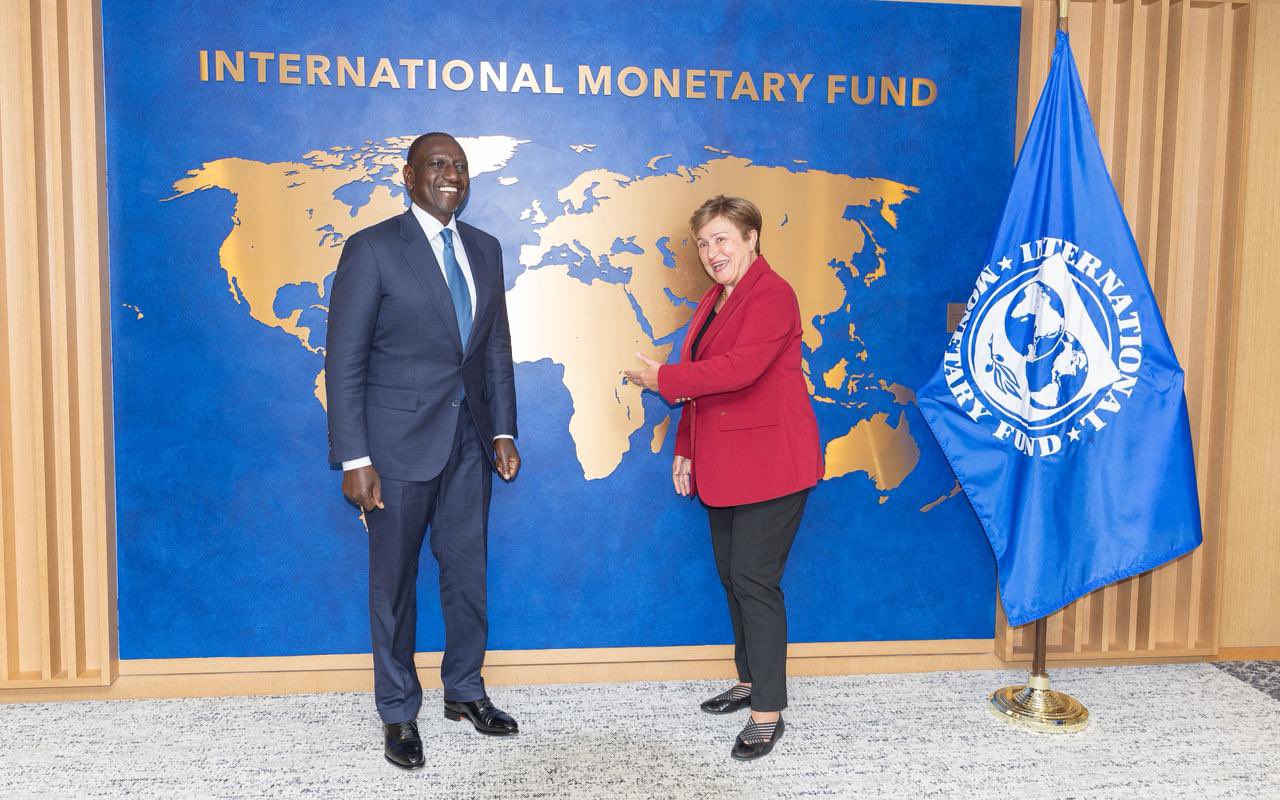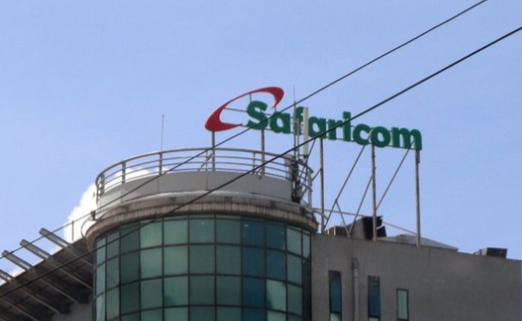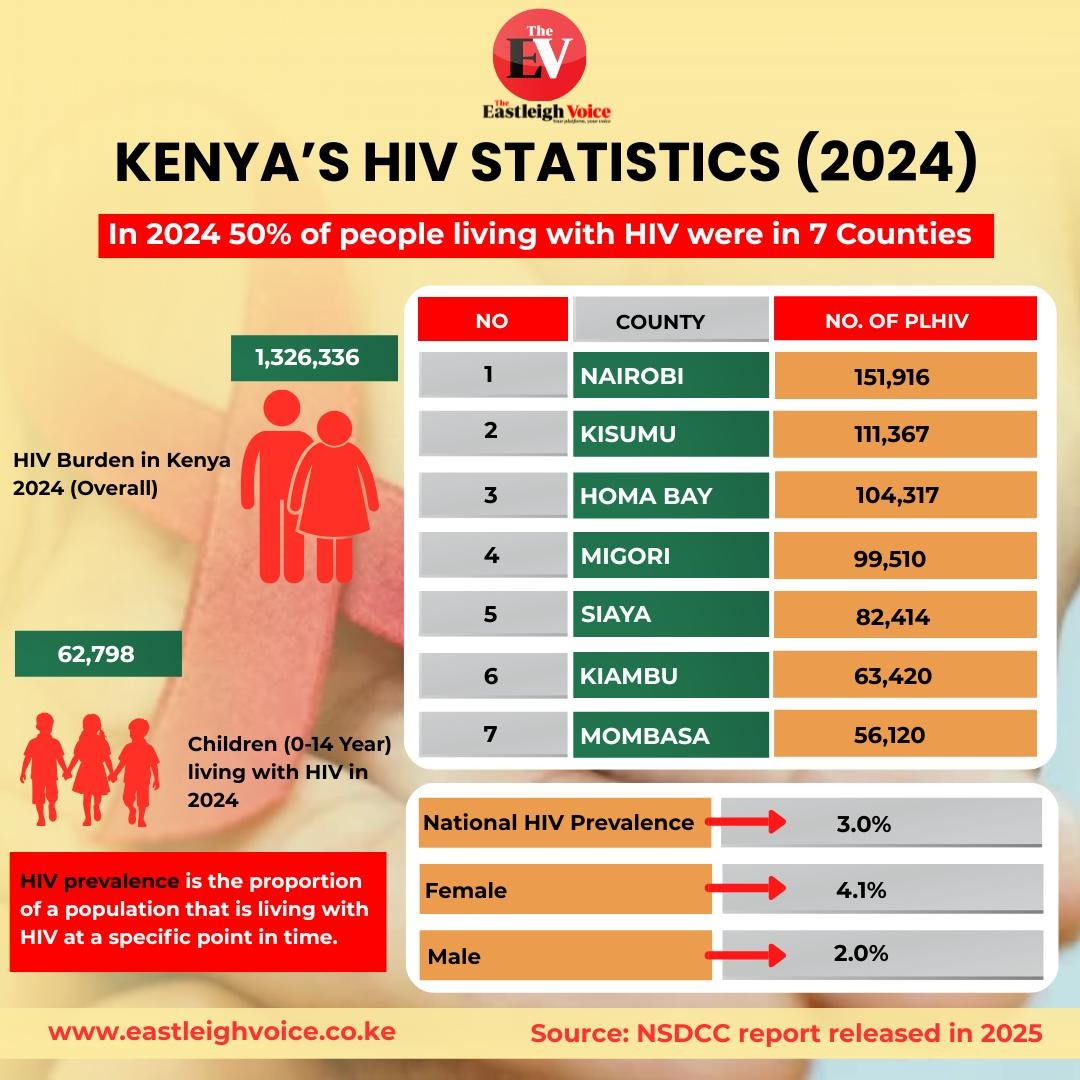Private sector activities rise for the first time in five months in September

The latest Stanbic Bank's Purchasing Managers’ Index (PMI), which gauges the level of private sector activities, rose to 51.9 during the month, from 49.4 in August.
Expansions in sales and employment in September did enough to reverse a growth slump in Kenya’s private sector that had persisted for four months since April.
The latest Stanbic Bank's Purchasing Managers’ Index (PMI), which gauges the level of private sector activities, rose to 51.9 during the month, from 49.4 in August.
More To Read
- Ruto backs IMF partnership as key to Kenya’s debt, economic reforms
- Kenya’s private sector posts fastest growth in five years on soaring demand
- Tough decisions stabilised the economy, saved Kenya from shame – Ruto
- World Bank upgrades Kenya’s growth outlook to 4.9 per cent, warns of elevated risks
- How digital platforms are creating new pathways for youth, with riders taking home up to Sh70,000 monthly
- Private business activity growth surges in October on strengthening sales
It marks the first time in five months that the index has risen above the 50.0 neutral mark.
Readings above 50.0 signal an improvement in business conditions on the previous month, while readings below 50.0 show a deterioration.
“The index pointed to a fresh upturn in the health of the private sector, after a period impacted by political protests and rising price pressures,” reads the PMI report.
“Driving the improvement in business conditions was a renewed expansion in activity, which in turn was strongly related to rising sales and a stabilising economy.”
Out of the firms surveyed, roughly a third (33 per cent) noted that their output had grown during the month, compared to 23 per cent that recorded a decline.
Some businesses reportedly benefited from effective marketing and investment in products and services.
Conversely, some areas experienced weakness, especially in the construction industry, where output fell sharply.
On sales intakes, the survey data signals a renewed upturn. New business growth was solid, having rebounded after four months of consecutive downturns.
This recovery encouraged firms to hire new staff, leading to a rise in employment that was the quickest recorded since May 2023.
With staff capacity up, firms managed to deplete their backlogs for the fourth month running.
In contrast, purchasing activity continued to fall in September, with businesses citing that low sales in recent months had weighed on their ability to buy new inputs.
Nevertheless, with supply-side pressures easing further after protest-related disruption and vendors willing to deliver items more quickly to gain work, input stocks did increase.
Notably, delivery times improved at the strongest rate in exactly four years. For the second month running, Kenyan businesses reported a softening of input price inflation during the month.
Looking ahead, firms remain confident about future business activity.
Despite ticking down from August, the 12-month outlook marks one of the best observed in nearly three years as several firms hope to expand their outlets, diversify product offerings and ramp up marketing.
Top Stories Today












































